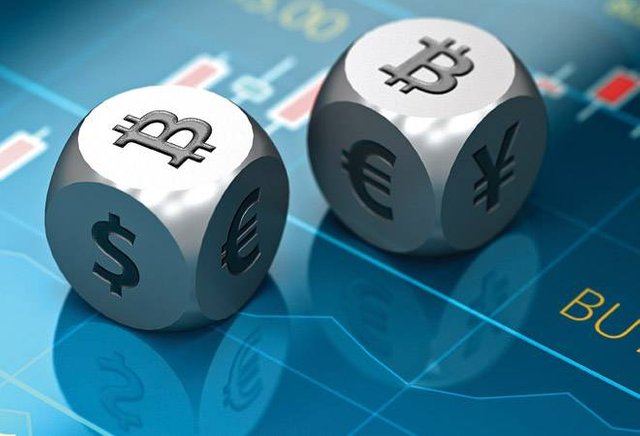Planning to invest in Bitcoin?

Many people in India have started buying and selling crypto currencies, a digital currency where encryption techniques are used to regulate the generation of units and verify transfer of funds. These operate independently of a central bank. India has over one million Bitcoin users; the country accounts for almost 10 per cent trading in volume terms. According to a recent report by PHDCCI, combined trading volumes in India could be in the range of Rs 200-250 crore per month.
Trading in crypto, or virtual, currencies has surged due to extraordinary returns. For example, Bitcoin, the oldest and the most popular virtual currency, has given 30 times returns over the past four years. The value of the currency surged from $100 in June 2013 to $3,025 in June 2017. Similarly, Ripple, a crypto currency based on inter-bank settlements, has given 200 per cent returns over the past three months ended July 31.
The other reason for such an increase in volumes is the low returns given by other asset classes such as real estate, fixed deposits and gold. While awareness about Bitcoin and altcoins (virtual currencies other than Bitcoin) has been rising, for investors, there are several concerns that they should be aware about. For example, Bitcoins are not backed by any tangible asset but sheer demand. Unlike other investments, there is no underlying asset; its value is measured by just demand and supply. Moreover, there is a lot of opacity behind their operations.
For instance, no one knows who is behind the creation of Bitcoin. Most important, the crypto currency market is not regulated in India. If you lose money in a bank, you can complain to the Reserve Bank of India (RBI).
But for Bitcoin, there is no regulator you can turn to.
Given these concerns, the government formed a committee this April to give recommendations for regulating the crypto currency market.
The committee members, however, have not reached any agreement yet. The report is still awaited. Several issues, ranging from who could be its regulator to how secure are these transactions, are being deliberated at the government level.